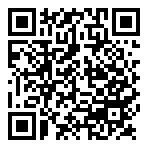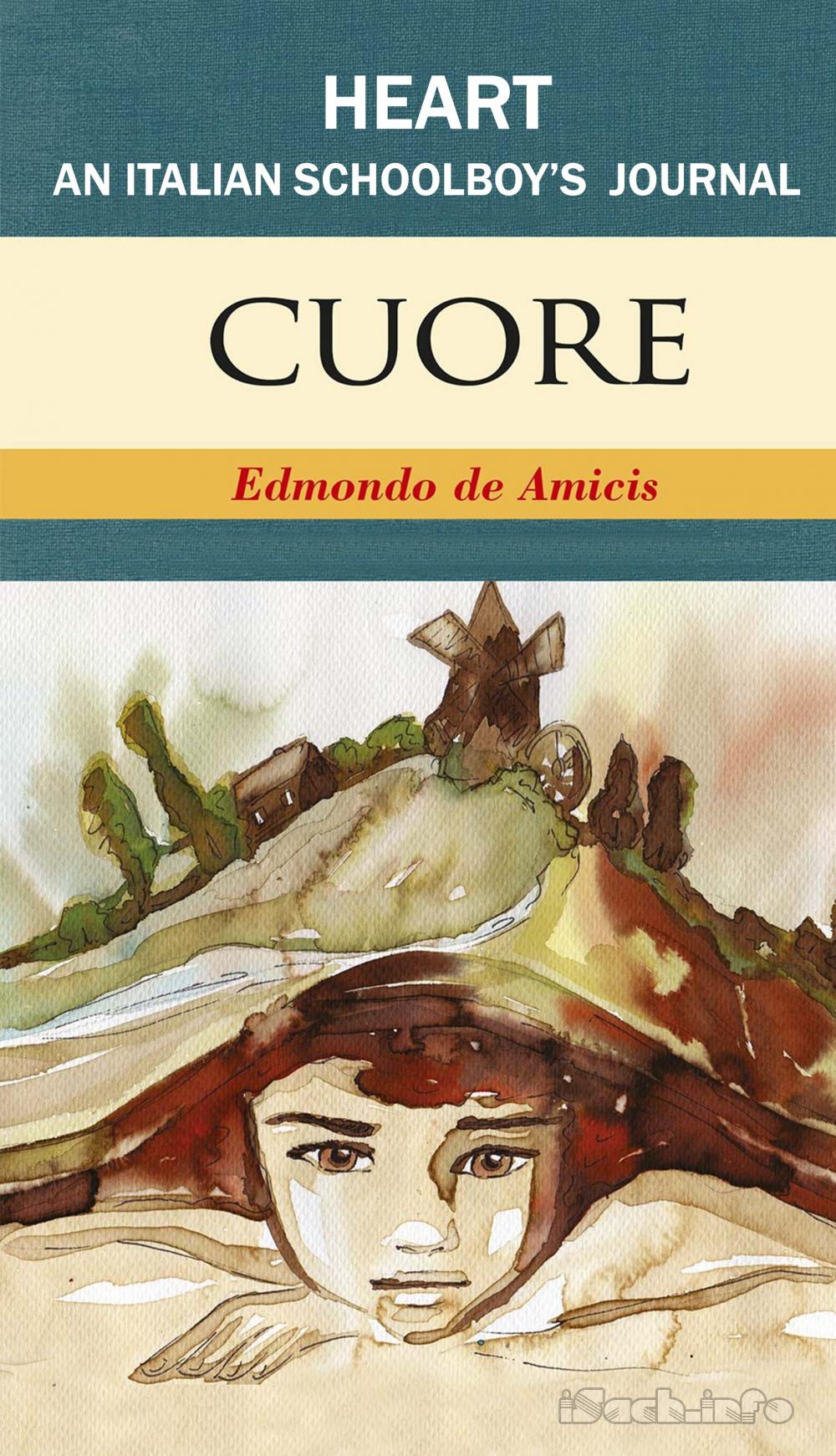Chapter 54: The Last Day Of The Carnival
T
uesday, 21st.What a sad scene was that which we witnessed to-day at the procession of the masks! It ended well; but it might have resulted in a great misfortune. In the San Carlo Square, all decorated with red, white, and yellow festoons, a vast multitude had assembled; masks of every hue were flitting about; cars, gilded and adorned, in the shape of pavilions; little theatres, barks filled with harlequins and warriors, cooks, sailors, and shepherdesses; there was such a confusion that one knew not where to look; a tremendous clash of trumpets, horns, and cymbals lacerated the ears; and the masks on the chariots drank and sang, as they apostrophized the people in the streets and at the windows, who retorted at the top of their lungs, and hurled oranges and sugar-plums at each other vigorously; and above the chariots and the throng, as far as the eye could reach, one could see banners fluttering, helmets gleaming, plumes waving, gigantic pasteboard heads moving, huge head-dresses, enormous trumpets, fantastic arms, little drums, castanets, red caps, and bottles;—all the world seemed to have gone mad. When our carriage entered the square, a magnificent chariot was driving in front of us, drawn by four horses covered with trappings embroidered in gold, and all wreathed in artificial roses, upon which there were fourteen or fifteen gentlemen masquerading as gentlemen at the court of France, all glittering with silk, with huge white wigs, a plumed hat, under the arm a small-sword, and a tuft of ribbons and laces on the breast. They were very gorgeous. They were singing a French canzonette in concert and throwing sweetmeats to the people, and the people clapped their hands and shouted. Suddenly, on our left, we saw a man lift a child of five or six above the heads of the crowd,—a poor little creature, who wept piteously, and flung her arms about as though in a fit of convulsions. The man made his way to the gentlemen’s chariot; one of the latter bent down, and the other said aloud:—
“Take this child; she has lost her mother in the crowd; hold her in your arms; the mother may not be far off, and she will catch sight of her: there is no other way.”
The gentleman took the child in his arms: all the rest stopped singing; the child screamed and struggled; the gentleman removed his mask; the chariot continued to move slowly onwards. Meanwhile, as we were afterwards informed, at the opposite extremity of the square a poor woman, half crazed with despair, was forcing her way through the crowd, by dint of shoves and elbowing, and shrieking:—
“Maria! Maria! Maria! I have lost my little daughter! She has been stolen from me! They have suffocated my child!” And for a quarter of an hour she raved and expressed her despair in this manner, straying now a little way in this direction, and then a little way in that, crushed by the throng through which she strove to force her way.
The gentleman on the car was meanwhile holding the child pressed against the ribbons and laces on his breast, casting glances over the square, and trying to calm the poor creature, who covered her face with her hands, not knowing where she was, and sobbed as though she would break her heart. The gentleman was touched: it was evident that these screams went to his soul. All the others offered the child oranges and sugar-plums; but she repulsed them all, and grew constantly more convulsed and frightened.
“Find her mother!” shouted the gentleman to the crowd; “seek her mother!” And every one turned to the right and the left; but the mother was not to be found. Finally, a few paces from the place where the Via Roma enters the square, a woman was seen to rush towards the chariot. Ah, I shall never forget that! She no longer seemed a human creature: her hair was streaming, her face distorted, her garments torn; she hurled herself forward with a rattle in her throat,—one knew not whether to attribute it to either joy, anguish, or rage,—and darted out her hands like two claws to snatch her child. The chariot halted.
“Here she is,” said the gentleman, reaching out the child after kissing it; and he placed her in her mother’s arms, who pressed her to her breast like a fury. But one of the tiny hands rested a second longer in the hands of the gentleman; and the latter, pulling off of his right hand a gold ring set with a large diamond, and slipping it with a rapid movement upon the finger of the little girl, said:—
“Take this; it shall be your marriage dowry.”
The mother stood rooted to the spot, as though enchanted; the crowd broke into applause; the gentleman put on his mask again, his companions resumed their song, and the chariot started on again slowly, amid a tempest of hand-clapping and hurrahs.



 ePub
ePub A4
A4